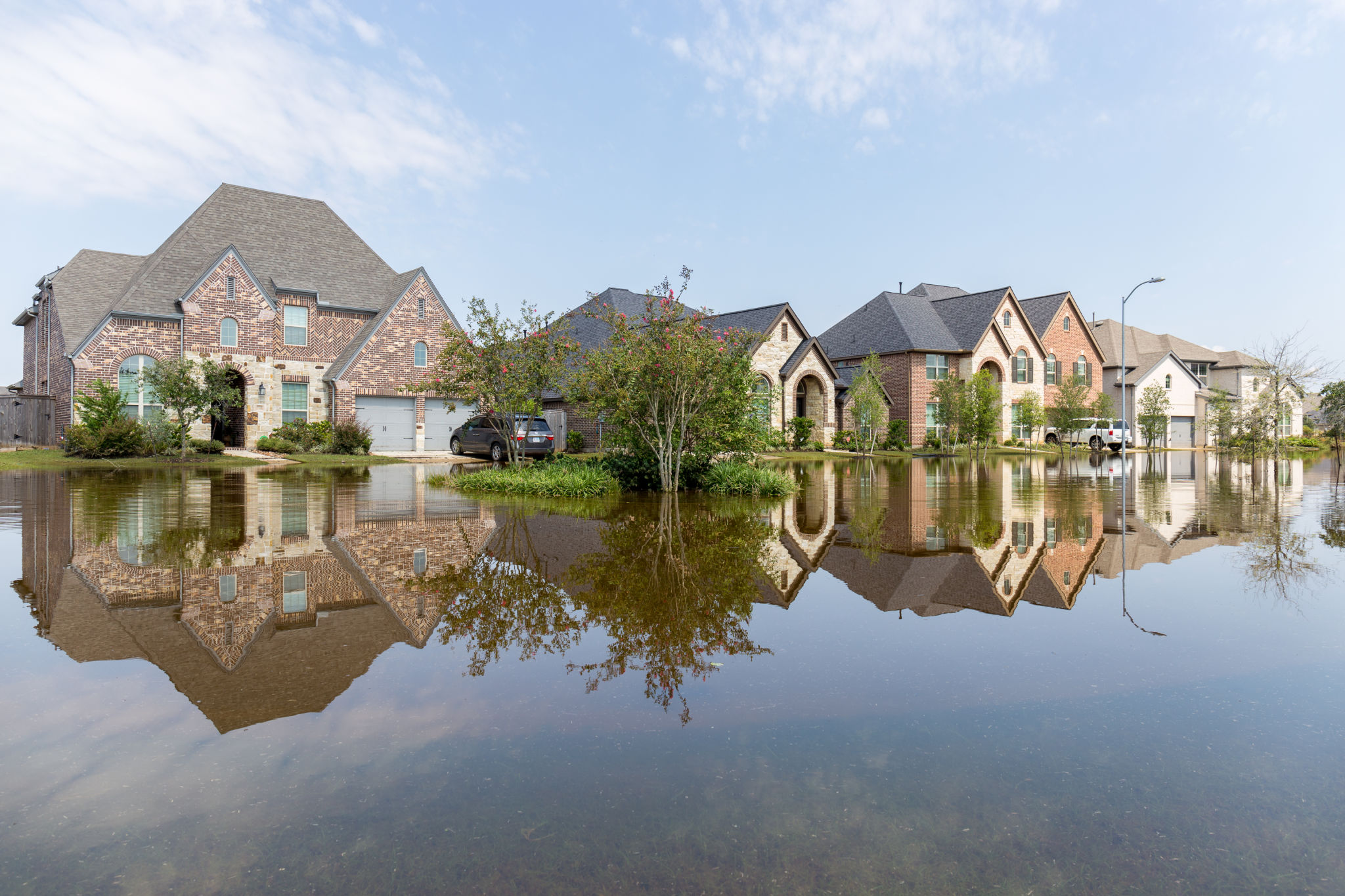Navigating Texas Insurance Regulations: A Local's Guide
Understanding the Basics of Texas Insurance Regulations
Texas insurance regulations can be complex, with numerous laws and requirements that residents need to be aware of. Whether you're a homeowner, driver, or business owner, understanding these regulations is crucial for ensuring that you're adequately protected and compliant with state laws. The Texas Department of Insurance (TDI) is the primary body responsible for overseeing and enforcing these regulations.

One of the most important aspects to note is that Texas is a "file-and-use" state. This means that insurance companies can implement new rates without prior approval from the TDI, though they must still file these rates with the department. This regulation can lead to fluctuating premiums, so it’s vital to stay informed about any changes in your policy rates.
Auto Insurance Requirements
In Texas, drivers are required to carry a minimum level of liability insurance. The state mandates minimum coverage limits of 30/60/25, which translates to $30,000 per injured person, up to $60,000 per accident, and $25,000 for property damage. It's important to note that these are just minimum requirements, and drivers often opt for additional coverage to provide greater financial protection.
Additionally, Texas law requires insurers to offer Personal Injury Protection (PIP) unless the policyholder explicitly rejects it in writing. PIP covers medical expenses and lost wages resulting from an accident, providing crucial support in the aftermath of a collision. Understanding these requirements can help you make informed decisions about your auto insurance policy.

Homeowners Insurance Considerations
While Texas does not legally require homeowners insurance, most mortgage companies will insist on it as part of their lending requirements. Given Texas's susceptibility to natural disasters like hurricanes and floods, having adequate homeowners insurance is highly recommended. Policies typically cover damage from fire, theft, and certain natural disasters, but it’s essential to understand what is and isn’t covered.
In areas prone to flooding, homeowners may need to purchase separate flood insurance, as standard policies typically do not cover flood damage. The National Flood Insurance Program (NFIP) offers federally-backed flood insurance policies. It's advisable for homeowners to evaluate their risk and consult with their insurer to ensure comprehensive coverage.

Business Insurance Essentials
For business owners in Texas, navigating insurance regulations can be particularly challenging. While the state does not require employers to carry workers' compensation insurance, it does mandate that businesses provide certain notifications if they choose not to offer it. This decision should be weighed carefully, as workers' compensation can shield businesses from costly lawsuits arising from workplace injuries.
Beyond workers' compensation, businesses should consider other types of coverage such as general liability insurance, property insurance, and professional liability insurance depending on their industry. Each type of coverage serves a different purpose and provides varying levels of protection against potential risks.
Staying Informed and Proactive
Keeping up-to-date with Texas insurance regulations is vital for ensuring compliance and safeguarding your assets. Regularly reviewing your policies, staying informed about legislative changes, and consulting with a licensed insurance agent can provide peace of mind. Being proactive in understanding and managing your insurance needs will help you navigate the complexities of Texas’s regulatory landscape effectively.
